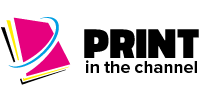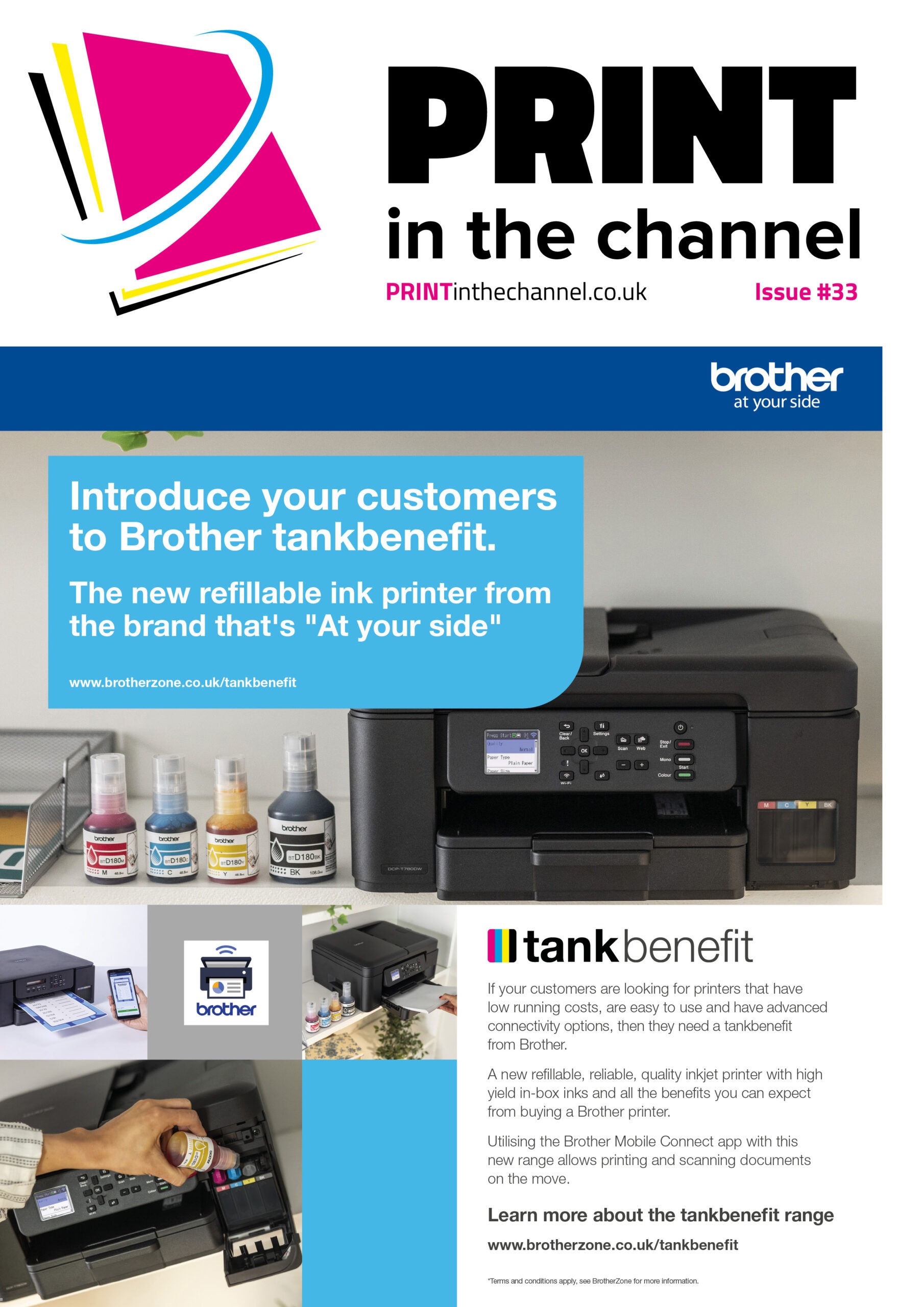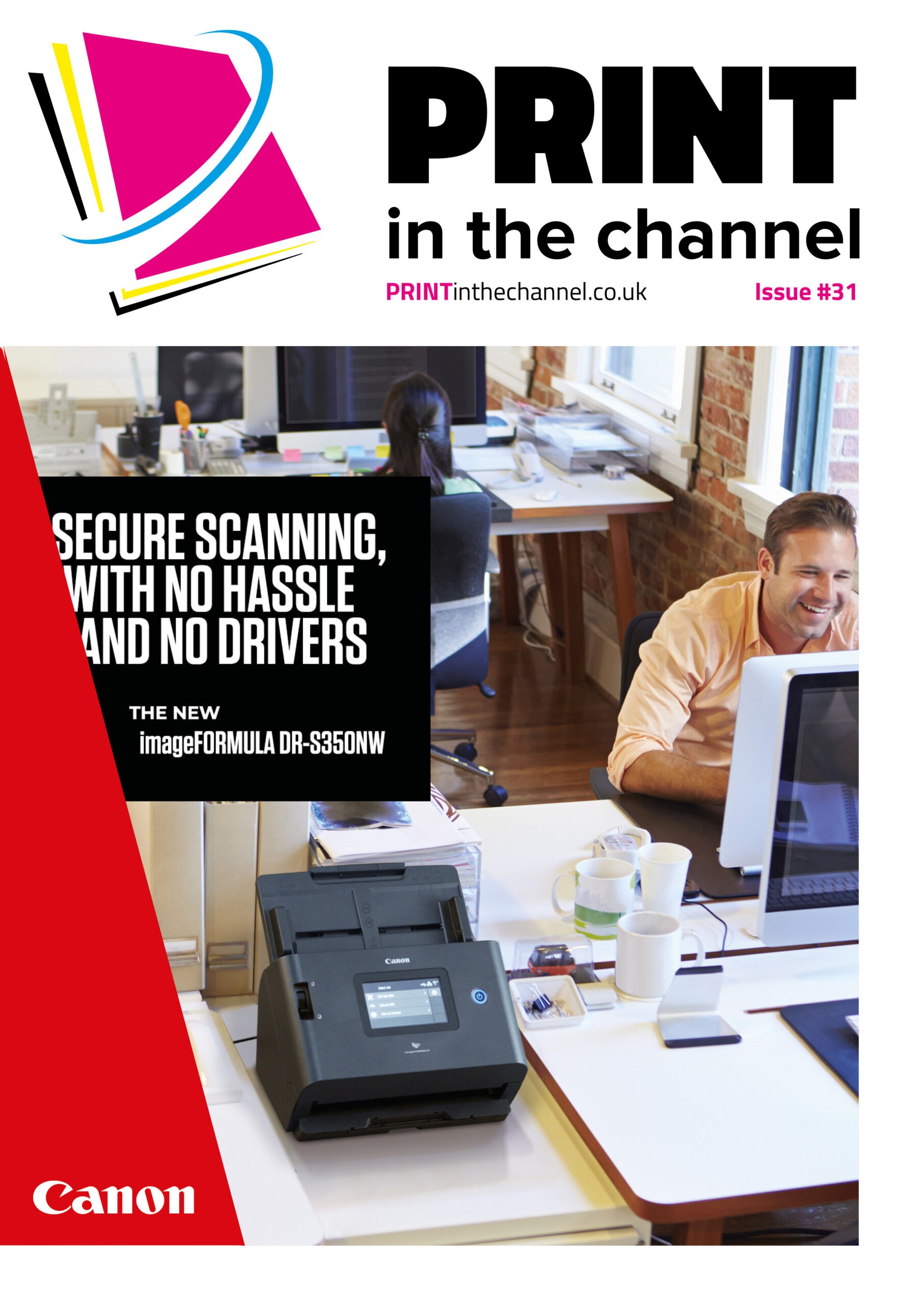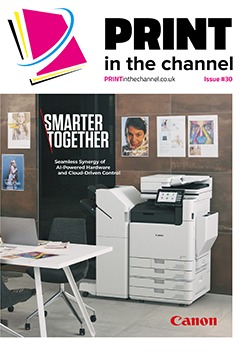Demand for scanning solutions in education settings continues to grow – and not just among teachers. This means there are plenty of opportunities for resellers to sell into this large market.
Education institutions from primary schools to universities are increasingly digitalising their operations as they seek to increase efficiency to ensure that more time is spent on other, higher value work – especially teachers. This means that demand for scanners is increasing across the board.
“As schools, colleges and universities adopt digital transformation, the demand for scanning solutions is increasing, offering a significant opportunity for resellers to meet the evolving needs of the sector,” says Andrew Cowling, channel marketing manager at PFU (EMEA) Ltd.
“Scanners are already a core component of the modern educational ecosystem. Administrative staff use high-speed scanners to convert student and teacher records into searchable digital PDFs. Teachers use scanners to capture classroom resources, student assignments and exam papers, making them easy to store, mark and share as well as ensuring the use of technology is a mainstay of the modern curriculum. Students use scanners to digitise and preserve their work and additionally enhance collaboration and sharing.”
Martin Pain, document management product manager at Northamber, agrees that demand for dedicated document scanners continues to be strong. “Particularly in further/higher education,” he adds. “With colleges and universities aligning in broader partnerships and offering courses to larger regions, the efficiency of student onboarding remains critical.
“Scanners don’t just play a key role in onboarding but are essential tools in managing administrative tasks from the smallest of schools to the largest universities.”
Trends
There are other broad trends among customers in the education sector. For instance, Martin says that customers are looking for flexibility. “There’s always a need to scan paper in the traditional sense, but with ID’s and other proofs of identification needing to be captured, we see that scanners with a document feeder and a flatbed in one solution gives customers the ability to cover all bases,” he says.
Andrew adds that learning institutions are seeking a comprehensive scanning and storage solution, offering additional benefits. “Schools want scanners that can not only digitise documents but also automatically classify, name and send them to the correct digital folder,” he says.
“Also, for educators and students, there’s a need for solutions that support at school and remote work. Portable scanners are ideal for educators who need to digitise materials on the go. College administrators need scanners that offer advanced security features to ensure confidential information is stored securely in the cloud.”
Options
There are a wide range of scanners on the market, so resellers must be careful to ensure that their customers get the ones that best suit their needs.
“From low volume to high volume, there are options to capture documents and ID’s easily,” says Martin. “Smaller units with an ID capture accessory right up to production scanners for high volume capture and back scanning are available.”
Andrew adds that PFU EMEA offer a range of scanning solutions to meet the needs of an educational institution. “For high-volume scanning of student records and administrative documents, a high-speed scanner with an automatic document feeder, such as the Ricoh fi-8190, is the best choice,” he says. “Ricoh’s professional scanners are designed for this kind of rigorous, continuous use, providing fast, reliable and secure document processing.
“In a classroom setting, flexibility to scan a range of materials is more important. Flatbed scanners are perfect for digitising student artwork, or fragile books such as the Ricoh fi-8190. Check out the innovative ScanSnap SV600, which uses contactless scanning technology and can even capture bound documents. Finally, in a reception setting, small, compact scanners can be used to quickly capture visitor information, IDs and incoming paperwork. The ScanSnap iX2500 has a small footprint and can quickly capture different sized paperwork from CVs to forms, to passports and A4 paperwork.”
Reseller conversations
Andrew says that when speaking to customers in the education sector, resellers should focus on the benefits. “Highlight how digitising records and automating workflows can save time, money and reduce the administrative burden on both teachers and support staff,” he says.
Martin notes that for resellers, supplying document scanners is only part of the solution. “Providing software and ongoing service and support is also key,” he notes. “With brands like Kodak Alaris, for example, not only are resellers able to offer the broadest range of scanners in the industry, but also complimentary software that supports the organisation. In addition to this, all their scanners are backed up by Kodak Alaris’ own service engineers, giving that extra piece of mind.”
Future
It is anticipated that demand for scanners among customers in the education sector will continue to grow in the future. “As educational institutions continue to invest in digital learning tools and cloud-based infrastructure, the demand for document scanners is expected to grow,” Andrew says.
“Resellers who understand these needs and can provide tailored, high-performance solutions will be ideally positioned for success.”
Martin agrees demand will continue to grow. “In addition to the student onboarding that scanners play a key role in, we are seeing their usage reach other areas of education organisations, such as human resources,” he says. “So scanners will continue to play a key role in the education sector.”









